Regeneration and Renewal
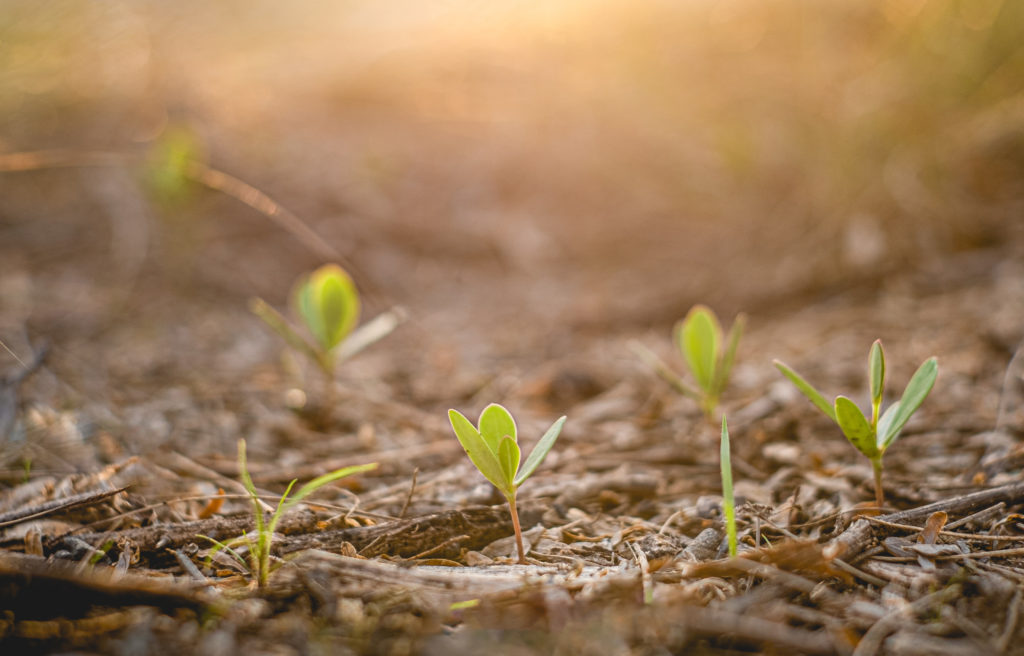
A mentor of mine often shares a simple yet humbling notion: “An organized lie is more powerful than a disorganized truth.” It’s in that spirit that I invite you to join us in reflecting on a couple of questions: First, what does ‘regenerative’ mean to you? And what would a regenerative food system look like? This […]
Celebrating Okra Fest 2023: A Conversation with Cam Terry
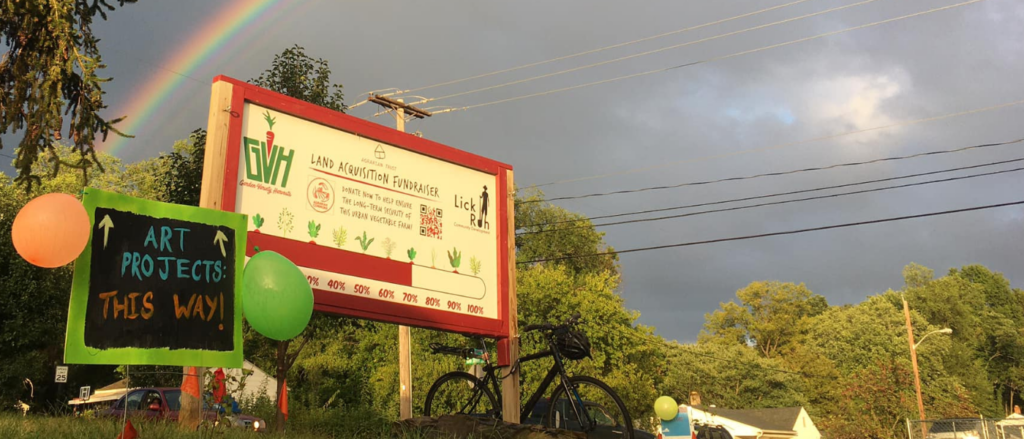
We recently had an opportunity to connect with Cam Terry, a farmer in Roanoke, Virginia who is currently raising funds with Agrarian Trust and Southwest Virginia Agrarian Commons to acquire a parcel of land in central Roanoke. We spoke about Okra Fest, a yearly arts festival that Cam hosts on his farm celebrating okra, community, […]
Meet Fran Miller, Agrarian Trust’s Newest Board Member
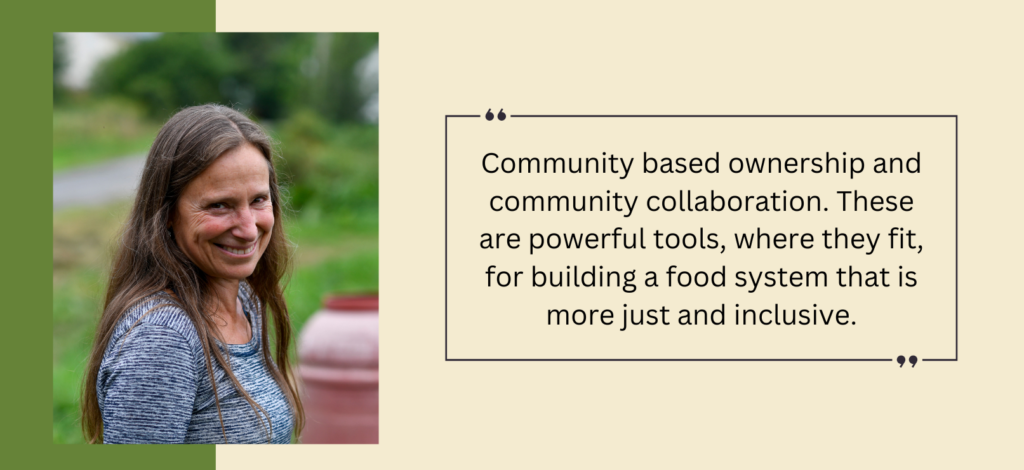
Fran Miller loves to grow garlic. She plants it every year, pressing the cloves into the earth at the end of fall, gathering the scapes in early summer, and curing the bulbs through the early fall.
Agrarian Trust Selected as Provisional Recipient of USDA Increasing Land Access Grant
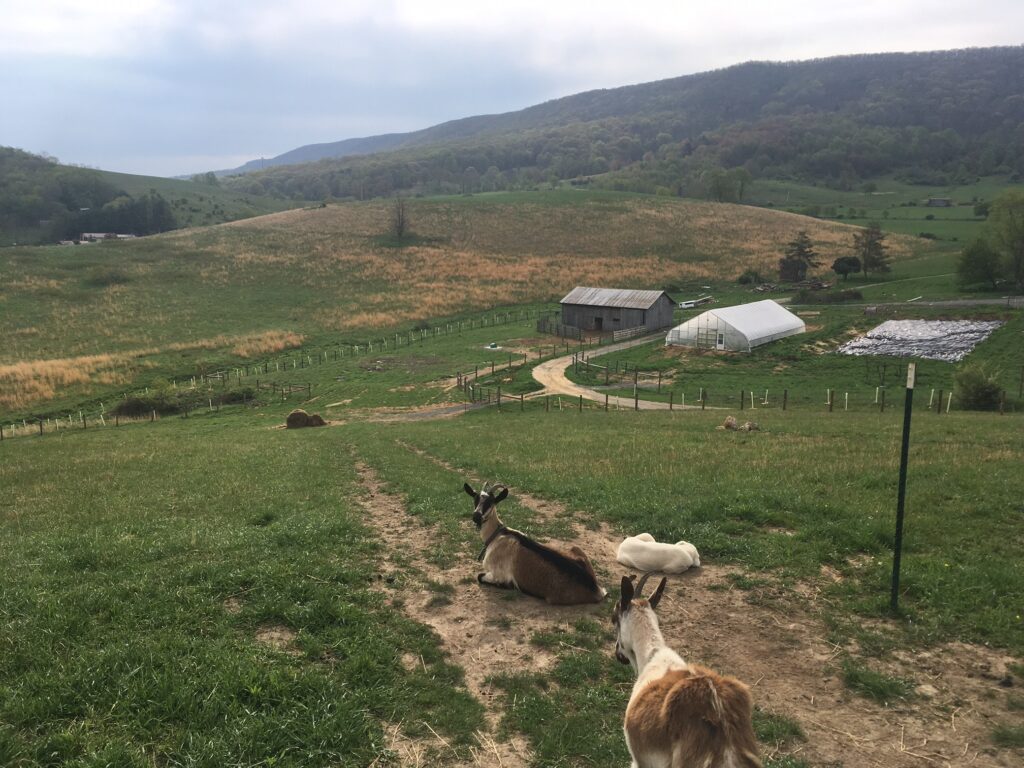
The funding allocated to Agrarian Trust and its partners will go towards providing technical assistance and securing land for farmers who are Black, Indigenous, People of Color (BIPOC) in Texas, Nebraska, New York, and Tennessee.
Agrarian Commons Farmers go to DC
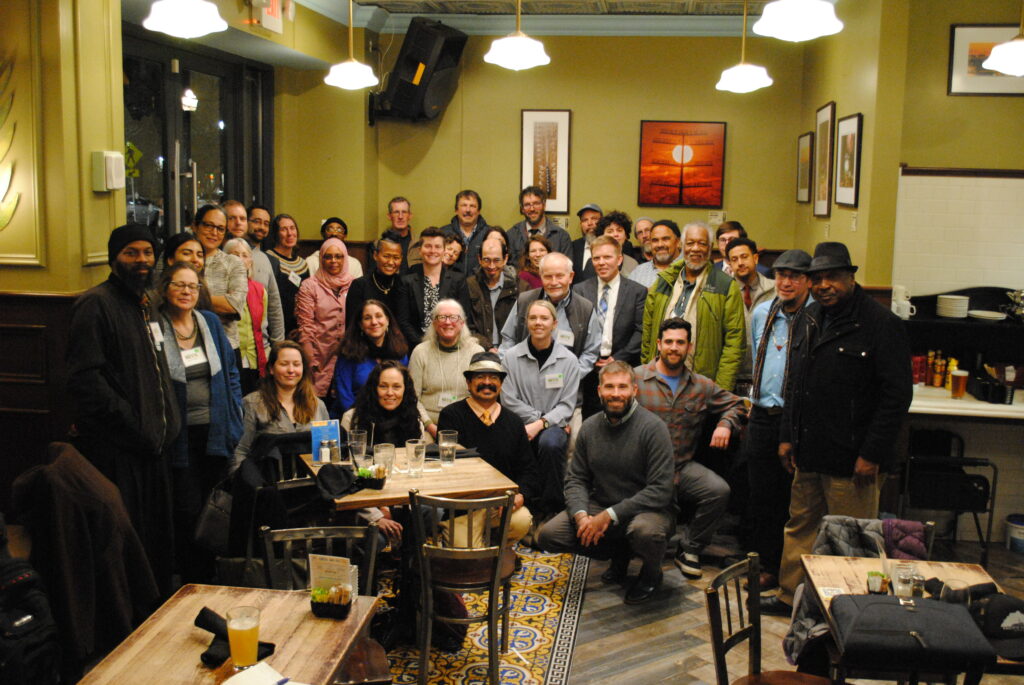
Agrarian Commons farmers Cam Terry, Duron Chavis, and Tyrone Cherry III joined the National Family Farm Coalition’s (NFFC) first national fly-in in three years. A progressive policy organization committed to fighting corporate control of agriculture, NFFC gathered farmers, fisherfolk, and nonprofit leaders to lobby their congressional representatives. Our shared objective was to create a more equitable farm system for all.
The Bhoodan Movement and Land Gifts as Revolutionary Practice
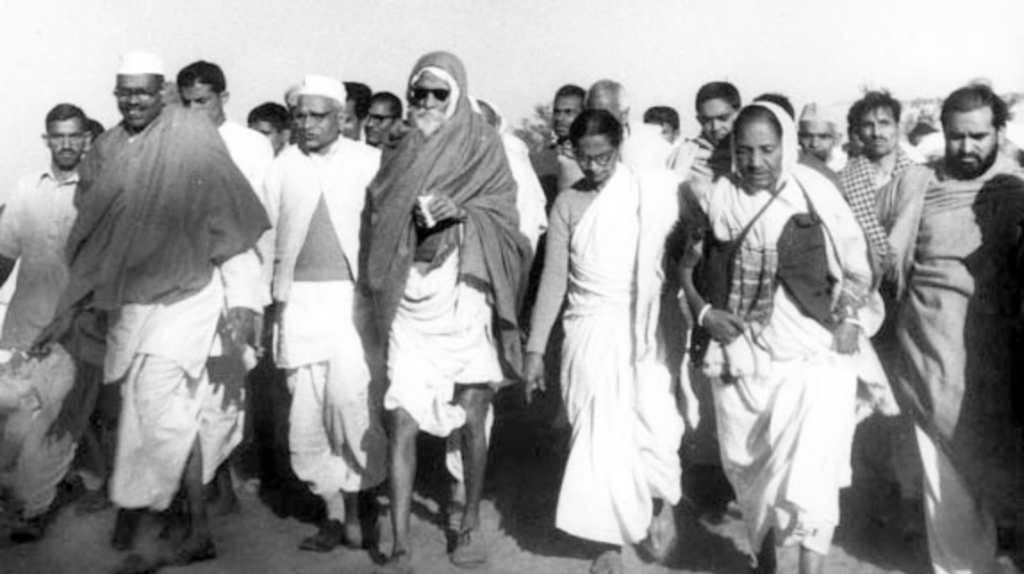
The Bhoodan movement serves as an example of the limitations of land-gifting, as well as its immense potential. On the one hand, land donations should be considered as one part of what should be a multifaceted approach, and cannot fully replace a concerted effort to influence policy and decentralize land holdings and power dynamics. On the other hand, the role of land donors should not be underestimated. Bhave and the Bhoodan movement showed that landowners are willing to make serious sacrifices in the name of a deeply moral cause.
Agrarian Trust Co-sponsored the 2022 Food Week of Action
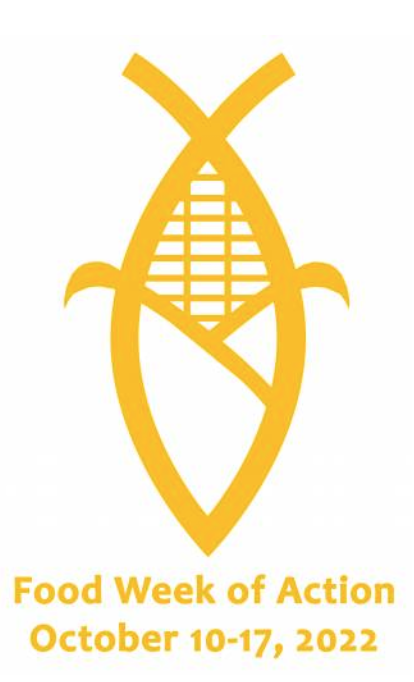
Last week, food justice organizations around the country observed the Food Week of Action, an initiative led by Presbytarian Hunger Program. This year’s Week of Action had the theme People and Planet First, and centered the work of farmers, fishers, and other agriculturalists as they fight to build food sovereignty across the globe. As part of the Week of Action, participating organizations hosted events, actions, and worship services supporting this critical effort.
Global Spotlight: Community Land Scotland
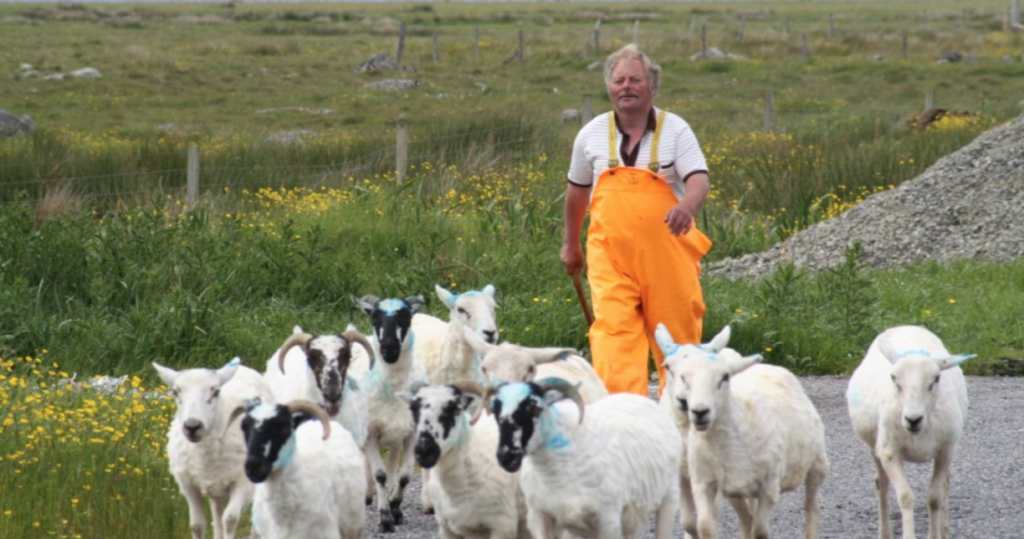
The Agrarian Trust is just one of many organizations across the world dedicated to the advancement of community control of the land. In Scotland, state-level land reform and grassroots organizing have led to the widespread practice of community land ownership. In 2010, Community Land Scotland (CLS) was founded to act as a shared voice for community landowners in Scotland and to provide support for communities as they navigate the complex world of purchasing and managing land as a community body. Today, its members “manage 560,000 acres of land, home to some 25,000 people.” As models like the Agrarian Commons gain traction in the United States, it is worth studying the examples of our global partners. CLS deploys a compelling mix of policy work, training, and networking opportunities to support community land ownership in Scotland.
Envisioning the Future of Black Seed Agroecological Farm and Village
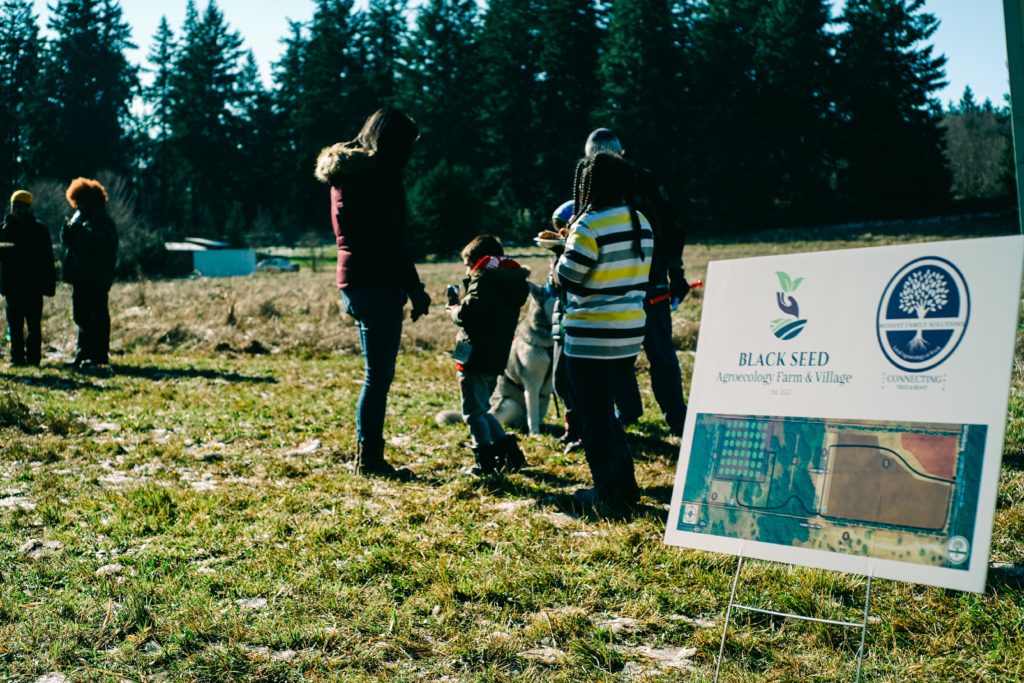
Black Seed Agroecological Village and Farm is still in the beginning stages of development. As is the case with most new farming operations, there’s a lot of work that needs to be done before the farm can begin operating at full capacity. New fields need to be cultivated, perennials planted, and new buildings constructed. Turner is currently working with the Washington State Department of Agriculture to define water rights on the farm, and to identify the source of surface water that covers part of the land.
Key Findings From National Young Farmers Coalition’s 2022 Farmer Survey
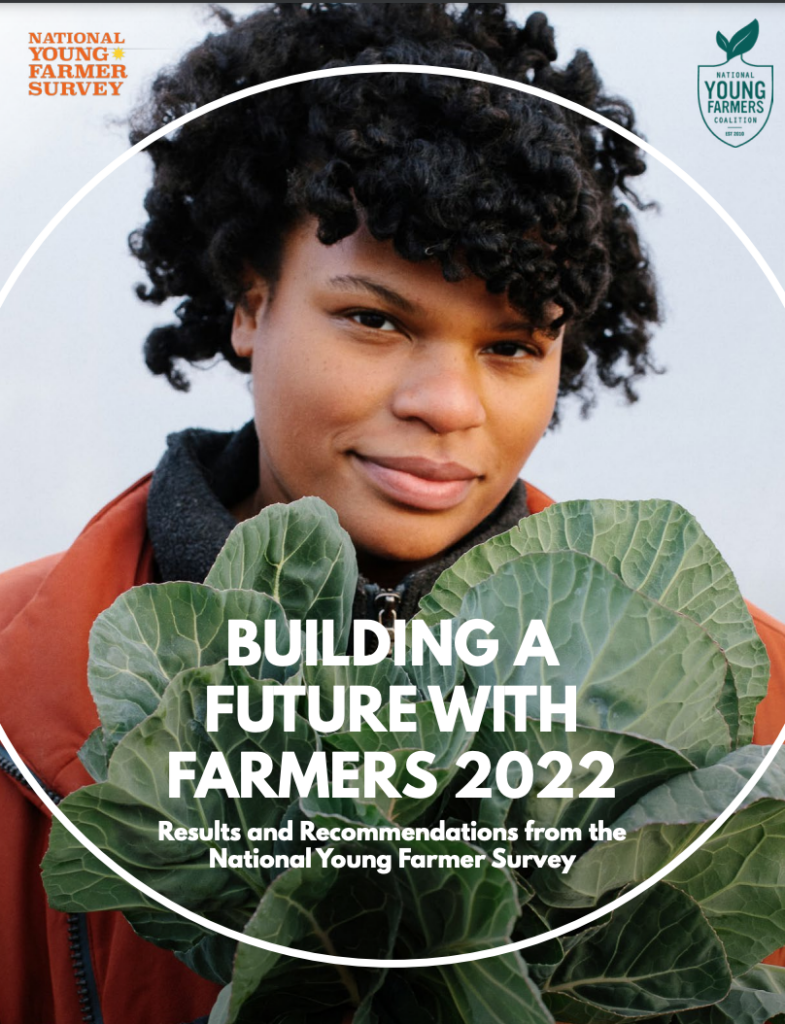
According to the survey, 59 percent of farmers surveyed reported that finding affordable land was “very or extremely challenging.” An even higher percentage of BIPOC farmers—68 percent of Indigenous respondents and 66 percent of Black respondents—gave the same response.